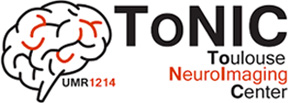Recherche translationnelle en santé,
technologie pour la santé et recherche clinique

Pi-R3 / Pi-R3 Presentation
The Innovative Technical Platform for Research in Radiochemistry and Radiopharmacy (Pi-R3) develops radiotracers and radiopharmaceutical drugs for preclinical and clinical studies.
To develop new labeled molecules, radiosynthesis protocols must be established within a suitable structure. The platform offers cutting-edge expertise in radiochemistry and radiopharmacy to lead to the development of innovative and relevant radiotracers and MRPs, in a preclinical and clinical context, that can be used for diagnostic purposes in PET imaging.
The Pi-R3 platform is equipped with state-of-the-art instrumentation, enabling safe radiological work at high energies (COMECER and TEMA Synergie shielded hoods and benches).
The platform benefits from a collaboration agreement with the Toulouse University Hospital (CHU) cyclotron, which allows for the on-demand production of fluorine-18 (¹⁸F). It is also governed by an agreement with the hospital’s Internal Use Pharmacy (PUI), authorizing the use of innovative radiopharmaceuticals for human clinical research.
This equipment is made available to the scientific community through services.
The team will respond to all your requests : plateau-pir3.tonic@inserm.fr
History
The Pi-R3 platform is derived from the Pi-R2 platform, which was funded through a call for projects from the Occitanie Pyrénées Méditerranée region with support from the European Regional Development Fund (ERDF).
The project was led by the ToNIC laboratory (UMR1214 Inserm/UPS III) in partnership with the LHFA (UMR5069 CNRS/UPS III), the CREFRE (US006 Inserm/UPS III), the CRCT (UMR1037 Inserm/CNRS/UPS III), the I2MC (UMR1048 Inserm/UPS III), and industrial partners, the Zionexa and Imavita laboratories. This project represented a missing link in the continuum between radiochemistry and clinical research in nuclear imaging and was intended to ultimately enable optimal use of in vivo molecular imaging resources in the Occitanie region.
Since then, the platform has expanded its expertise in developing tracers labeled with different radioactive isotopes (F18, Zr89, Cu64). To ensure rigorous, high-quality research, the platform is working on implementing a quality management system based on the ISO 9001:2015 standard.
The platform’s quality policy is available here.
Equipments
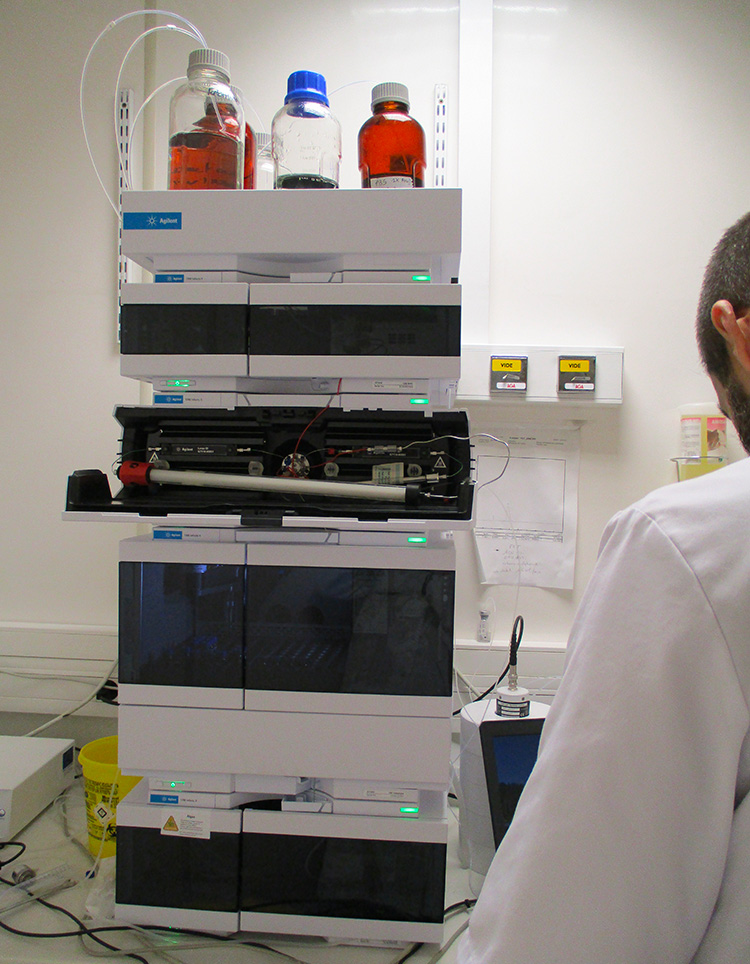
Copyright Inserm, ToNIC
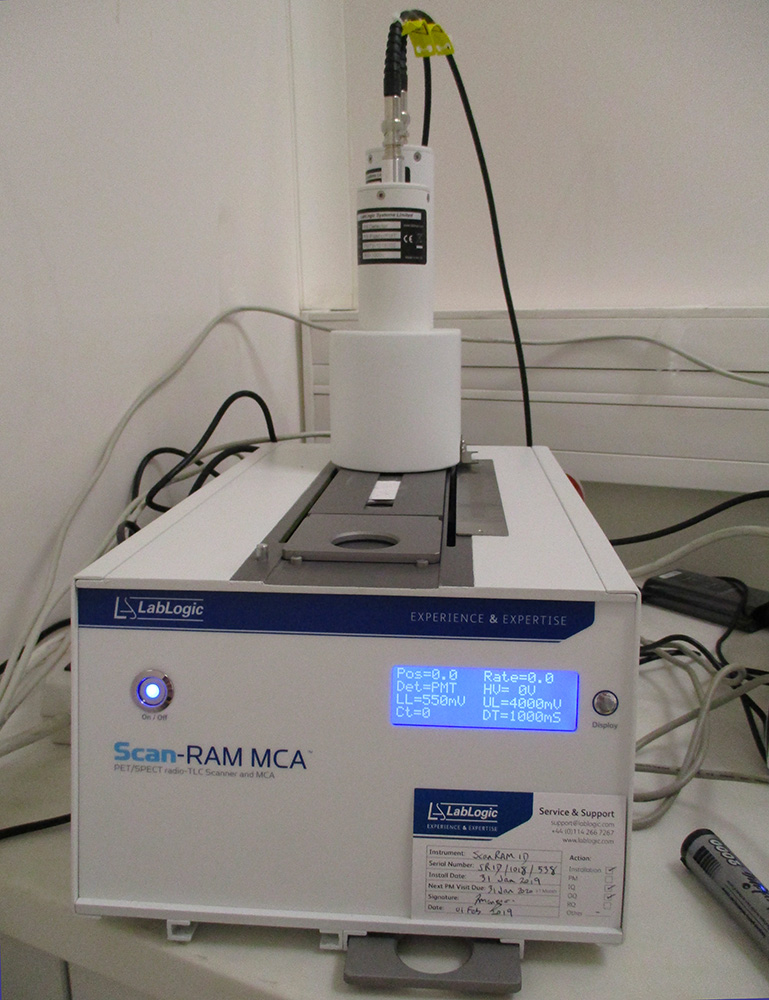
Copyright Inserm, ToNIC
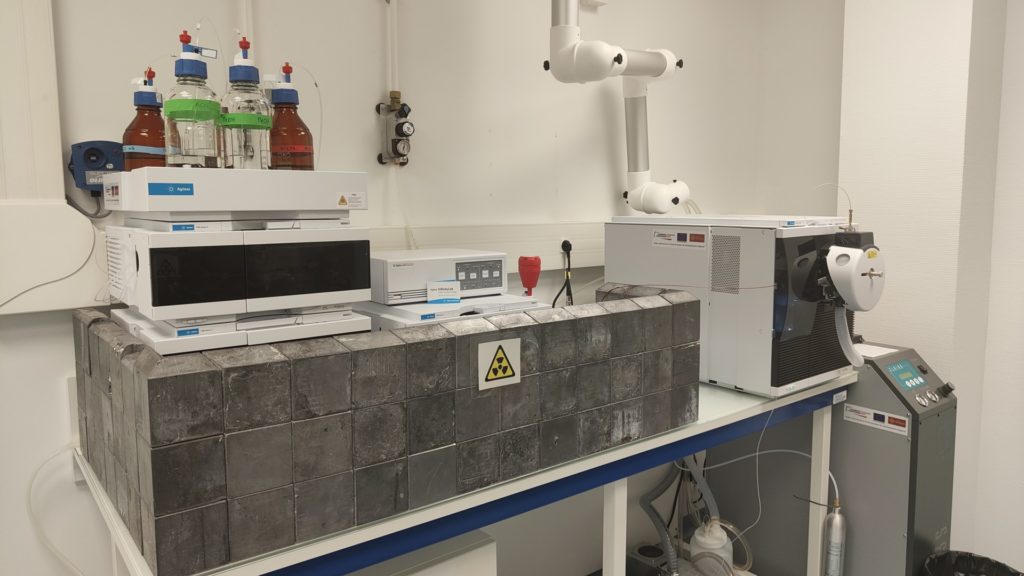
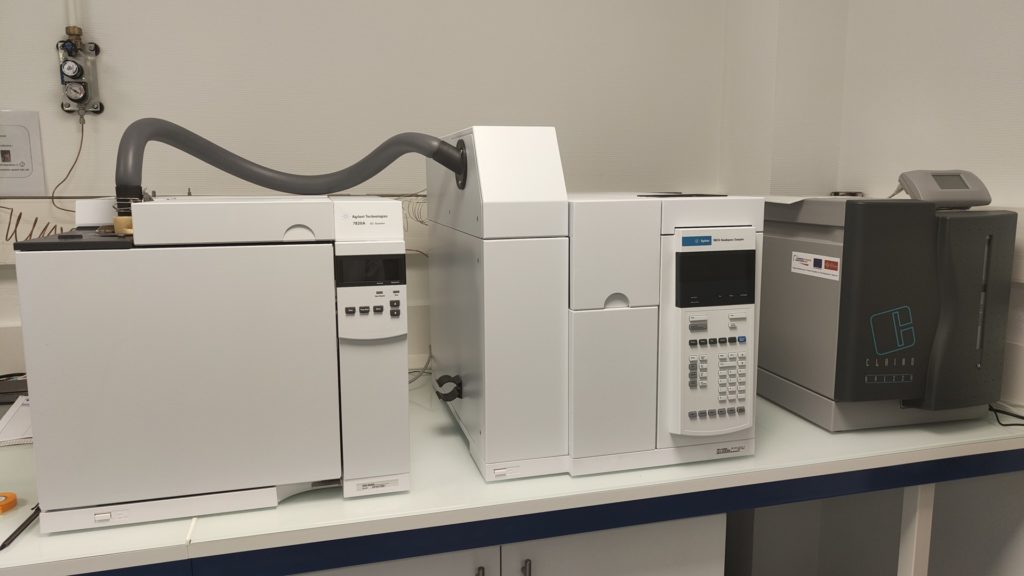
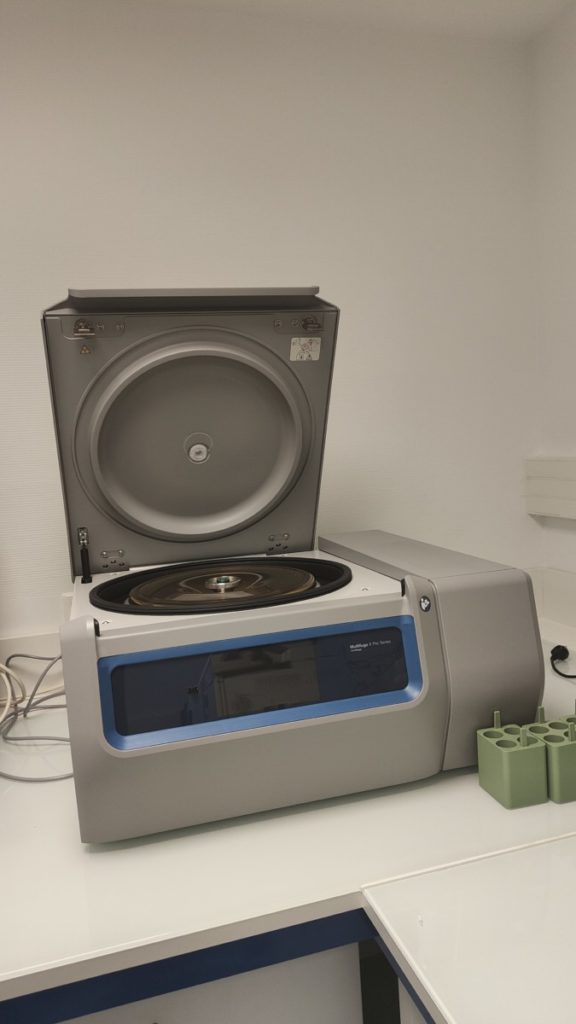
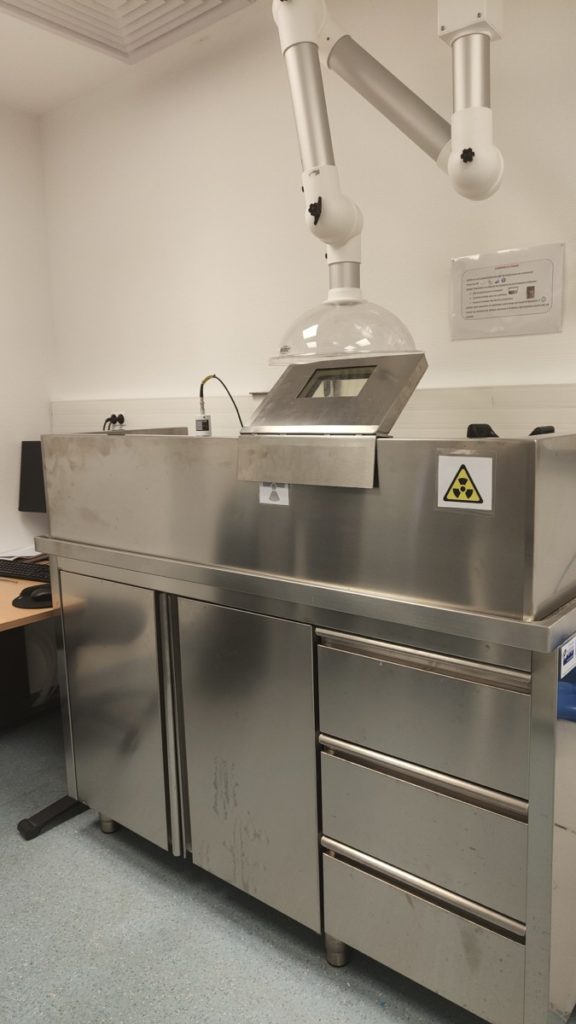
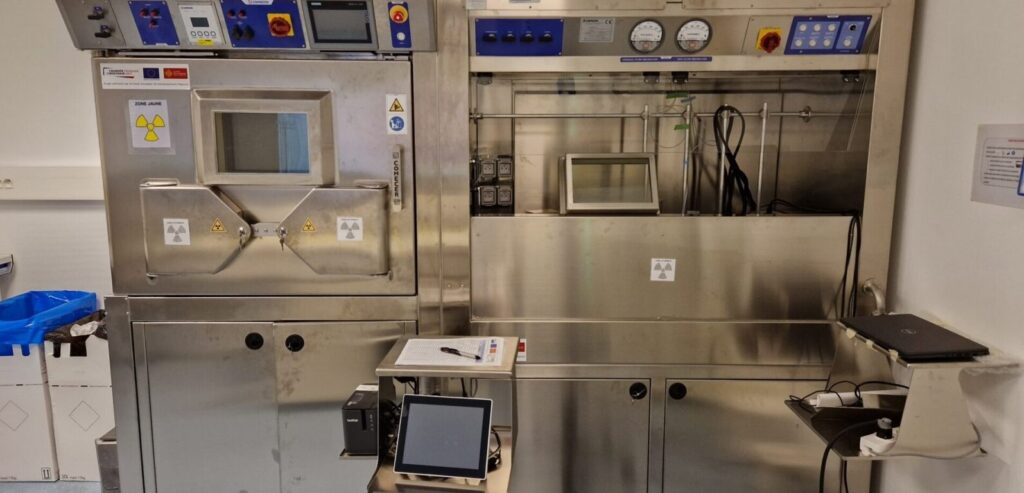
Privileged partners
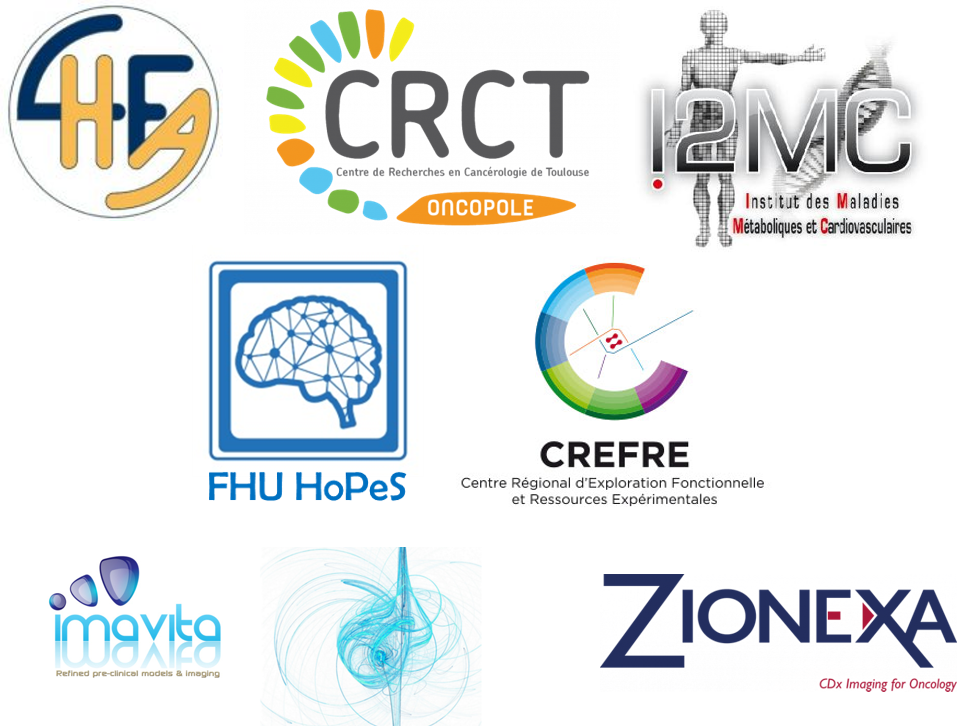

PLATFORM TEAM

Victor CHAMPREDONDE

Hélène GROS-DAGNAC

Isabelle QUELVEN

